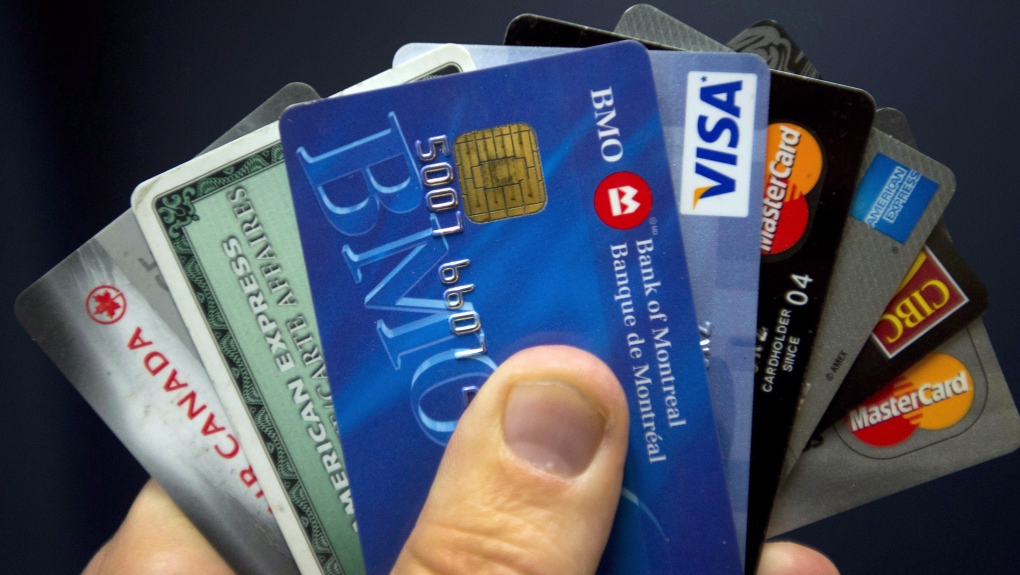
Thirty years ago, a large percentage of the population didn’t care about their credit. The only reason credit was important was if you were getting a mortgage on a home or financing a new vehicle.
Even then, the information on your credit report was limited and lenders had to rely more on your income history than your credit history.
Now, it seems like you need credit for everything, from renting an apartment to getting a cell phone or even qualifying for student loans. As we’ve become more dependent on credit, a lot of myths have arisen around credit building and credit scores.
Below, I’ll debunk some of the most prevalent credit score myths and explain the real truth, so you can start improving your score.
1. Credit cards are bad
How many times have you heard somebody tell you that credit cards are bad? I’ve heard it a lot, mostly from individuals who feel credit card companies have burned them.
In reality, credit cards can be one of the best ways to build your credit score. The key is to use them wisely.
If you use a credit card the wrong way and don’t understand how credit card interest works, they can quickly send your credit into a downward spiral.
Here’s what using a credit card the “right way” looks like:
- Paying your credit card on time every month – prevents late fees and builds a positive payment history
- Paying your credit card off in full before each billing cycle – prevents interest from accruing
- Using your credit card for necessary purchases like gas and groceries and not overspending frivolously
A good rewards credit card can actually help put money back in your pocket by helping you earn cash back on everyday expenses and allowing you to accumulate points that can be redeemed for travel, vacation, and other rewards.
2. Checking your credit can hurt your score
Contrary to popular belief, checking your credit score will never hurt your score. In fact, you can check your credit report for free from Canada’s two major credit bureaus – Equifax and Trans Union.
What can hurt your credit is applying for new lines of credit, as this initiates what’s called a “hard credit check.”
This typically isn’t anything to worry about if you’re only doing it periodically – maybe once or twice a year. However, if you’re constantly initiating hard credit checks and seeking out new credit, it can decrease your score and flag you as a high-risk borrower, as it makes you appear more desperate.
3. All debt can hurt your credit score
All debt isn’t bad debt. In fact, your credit diversity, which is how many varieties of credit you have in your name, is actually a key factor in determining your overall credit score.
A diverse credit profile could look like this:
- An auto loan with good payment history
- A credit card with good payment history
- A small personal loan that you’re paying off
The key here is that you remain in good standing with all of your lines of credit. Creditors and lenders like to see individuals who are responsible borrowers. Not having enough lines of credit can make you appear inexperienced to lenders and can actually lower your score.
4. Earning more money can boost your credit score
Just because you start earning more doesn’t mean your credit will go up. I’ve met individuals who are millionaires on paper, but who have rock-bottom credit because of poor financial decisions in their past.
That being said, earning more money can help you improve your credit, as it gives you more money that you can use to settle past debts, catch up on payments, and begin building a positive payment history again.
5. You need to carry a credit card balance to build credit
You don’t need to carry over a balance on your credit card to build good credit. It is a good idea to use your credit cards and pay them off, as this builds payment history. If there’s nothing to pay off on your credit card, then you won’t have a payment history.
However, it’s in your best interest to pay your card off before the end of each billing cycle, as this generates a timely credit payment report and prevents interest charges and late fees from accumulating on top of your balance.
6. You can finance anything if you have good credit
Just because you have a 750 credit score doesn’t mean that you can walk into a car dealership and finance the most expensive car on the lot or get approved for a $25,000 credit card.
That’s simply not how it works.
Before giving you a line of credit or approving you for a loan, lenders will also look at your current income and your income-to-debt ratio.
If your income doesn’t show that you can comfortably afford to pay back the amount financed, having a great credit score won’t help you. That being said, having a good credit score can definitely help you secure more favourable loan terms (for example, lower interest rates), if you have the money to back it up.
The best way to stay on top of your credit
It’s important to stay on top of your credit and treat it responsibly. If you make the wrong choices, you could easily end up in a situation where you’ll spend years trying to rebuild your credit.
However, if you pay your bills on time and use credit responsibly, it will make your life a lot easier by helping you get approved for lower-interest financing, credit cards with great rewards programs, lower security deposits and other benefits.
Keep on reading for more tips on how to get out of debt quicker and start building your credit!